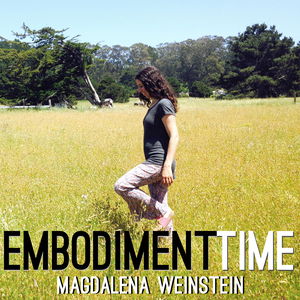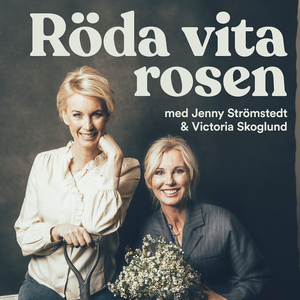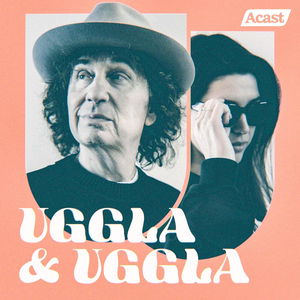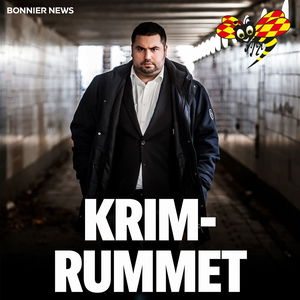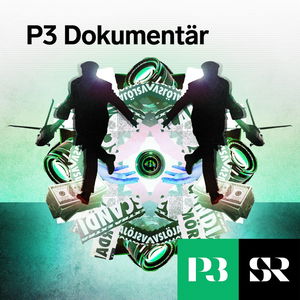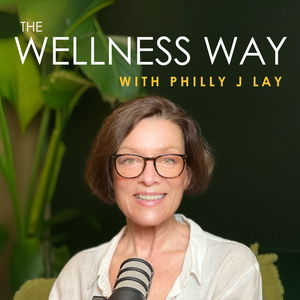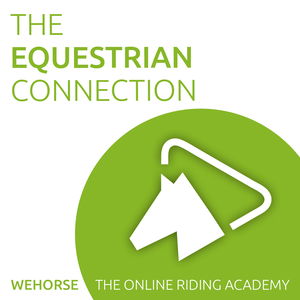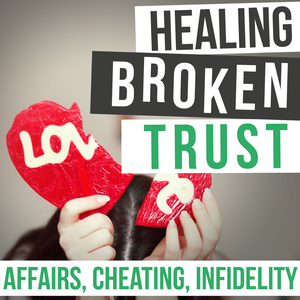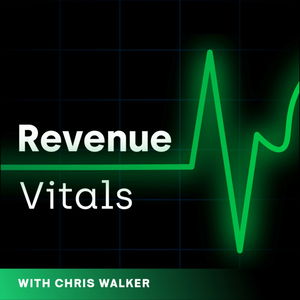In this talk we met with Christine and Lisa to discuss and share some trauma-informed and body-oriented nervous system resources during the COVID 19 pandemic. This talk was recorded during the beginning of the pandemic in April, but still feels pertinent in it’s launch on air in October.
Some of the topics covered:
- The importance of orienting towards resources during challenging times.
- From hyper-productivity to stop, and how much that reveals our cultural rushing.
- Sheltering at home as a holding container.
- Seeing how society is revealing where people are in terms of nervous system states: fight, flight, freeze and appease.
- The raising of responses to these events: conspiracy theories, feelings of being at loss, overwhelm, not knowing how to deal with this “invisible” emergency.
- What is it to function in a world that doesn’t support a healthy nervous system? The body is having a “neuroceptive” response and the way back to regulation is in the body.
- Polyvagal Theory and the difference in the state adaptations across cultures.
- Epigenetics, Family Systems and Stress. Stress, trauma and the body, Saj Razvi YouTube video.
- Mobilization before safety and connection. What are we adapting to in the environment? I’m not messed up, I have a nervous system.
- The loss of pleasure during trauma, allowing tuning into savoring and directing the attention back to pleasure sensations. The Hakomi Method and self-soothing gestures to bring more awareness of pleasure.
- Ways in which people attempt self-regulation and functionality via external resources that are substitute forms of resources that are destructive. The concept of “vitality” as a resource that arises from within vs resources that are external. Relational and Body-Centered Practices for Healing Trauma: Lifting the Burdens of the Past 1st Edition, by Sharon Stanley
- The Threshold Theory of Change, by Lisa Elliot. The reductionist idea of our culture, in terms of finding the reductionist “one” solution. Accessing greater health from a social justice response.
- The midbrain, effort and control area.
- Orienting to the small moments of safety, regulation and pleasure. The small steps towards pleasure and regulation. One step at the time, one dish at the time, one breath at the time.
- Tracking and getting to know your own system. What’s your vitality enjoy?
- Orienting to safety and threat through vision. Doing a task until completion, and avoiding chronic stress. The concept of simultaneous visual awareness via panoramic vision. Z-Health Neurofundamentals free of charge
Other Resources:
- Finding the gravel at the bottom of the river to stop being swept away.
- Parts of the self, a part of you experiencing something, and me as the observer and care taker of this part. Turning kindness and compassion towards ourselves. My body and mind have done so much to keep me safe. Understanding the intelligence of the nervous system responses.
- Start small, build up from there. Locate one part of your body that feels ok.
- Using a therapy ball or lacrosse ball to map (feel) places of the body that feel pleasant, using language that feels inviting.
- Accumulate those things you have access to; postive self regulating inputs, like a basket of resources with written things, objects. Ekeko god (Peru-Bolivia) as an example.
- The crucial role of compassion in this connection with resources. Turning attention with compasion.
CHRISTINE WUSHKE
Christine Wushke is a long time Yoga Teacher, Meditation Instructor, Myofascial Release Therapist, and Certified Hakomi Practitioner, Christine decided to merge her specialties, she began to incorporate the principles of Myofascial Release, trauma awareness and mindfulness into all her yoga classes and, noticing the amazing results and effectiveness, she designed her own system of Myofascial Yoga.
Christine Wushke is also the author of Freedom is Your Nature: A Practical Guide to Transformation and creator of the “Easy Yoga for Beginners” DVD. For more information of Christine please check out her website at freelyhuman.com
Lisa Elliott comes to this conversation as the founder of the Vagus Study Group, a large, online collaborative learning project with a mission of exploring the embodiment of experience via diverse ways of knowing. Her work and that of the study group navigates between the methods of western science, philosophy, activism, art, and the transformative interconnectedness found in many spiritual orientations. Lisa is a counselor-in-training at Antioch University Seattle, completing a rich internship with Dr. Sharon Stanley of Somatic Transformation before beginning private practice in December of 2020.
Lisa comes to counseling as a returning student from earlier careers in photography, community organizing, arts non-profit management, construction project management, and aerial acrobatics performance and coaching. Her work with her own life-long chronic illness has led to a holistic and eco-systemic philosophy of healing and personal growth, and to a deep study of our embodiment of stress, trauma, and factors of resilience.
Email us your reflections, comments and questions at embodimenttime@gmail.com
